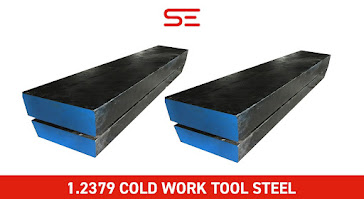What Are The Different Types Of Machined Plates?
Machined Plates are used in various industries and applications, and they come in different types depending on the materials, specifications, and intended use. Here are some common types of Machined Plates:
1. Aluminium Plates:
These plates are often lightweight, corrosion-resistant, and have good thermal
conductivity. They find applications in aerospace, automotive, and other
industries.
2. Steel Plates:
Steel Plates are robust and versatile. They are used in construction,
manufacturing, and various industrial applications due to their strength and
durability.
3. Stainless Steel Plates:
Known for their corrosion resistance, stainless steel plates are commonly used
in industries such as food processing, pharmaceuticals, and chemical
processing.
4. Brass Plates: Brass plates offer good corrosion resistance and have aesthetic appeal. They are used in applications where a combination of corrosion resistance and visual appearance is important.
5. Copper Plates:
Copper plates are valued for their electrical conductivity. They are used in
electrical and electronic applications, as well as in various industrial
processes.
6. Titanium Plates:
Titanium plates are known for their high strength-to-weight ratio and corrosion
resistance. They find applications in aerospace, medical implants, and chemical
processing.
7. Plastic Machined
Plates: Some applications require plates made from engineering plastics
like nylon, PVC, or PEEK. These materials offer specific properties such as low
friction, chemical resistance, or electrical insulation.
8. Composite Plates:
Composite materials, which are a combination of different materials, can also
be machined into plates. These may include a mix of fibers and resins,
providing a balance of strength and light weight.
9. Tool Steel Plates:
Tool steel plates are designed for applications that require high hardness,
wear resistance, and toughness. They are often used in tool and die making.
10. Abrasion-Resistant
Plates: These plates are specifically designed to withstand abrasive wear
and impact, making them suitable for applications in mining, construction, and
heavy machinery.
It's important to choose the right type of machined plate
based on the specific requirements of the application, considering factors such
as material properties, environmental conditions, and load-bearing capacities.




Comments
Post a Comment